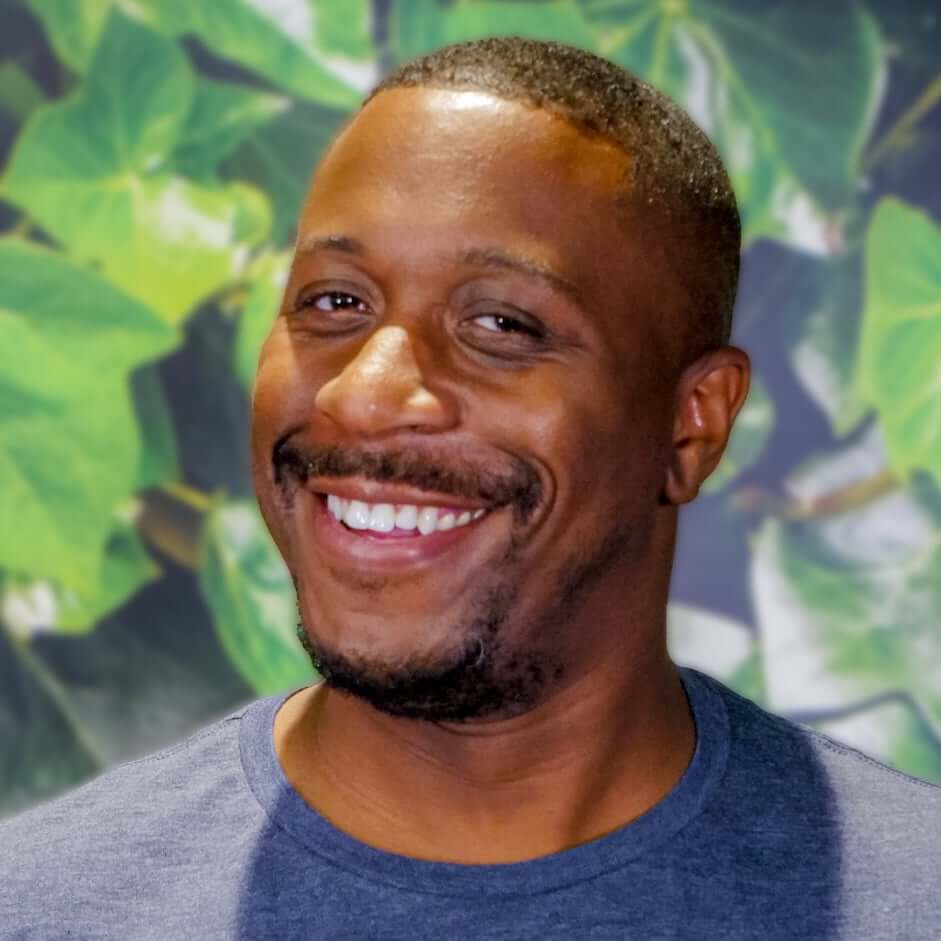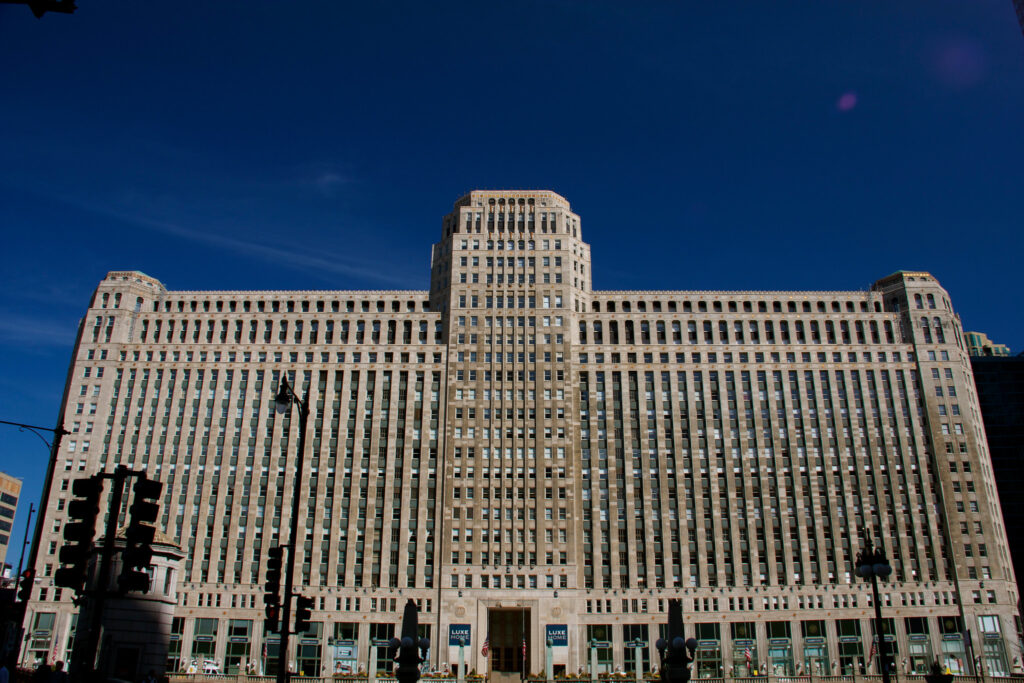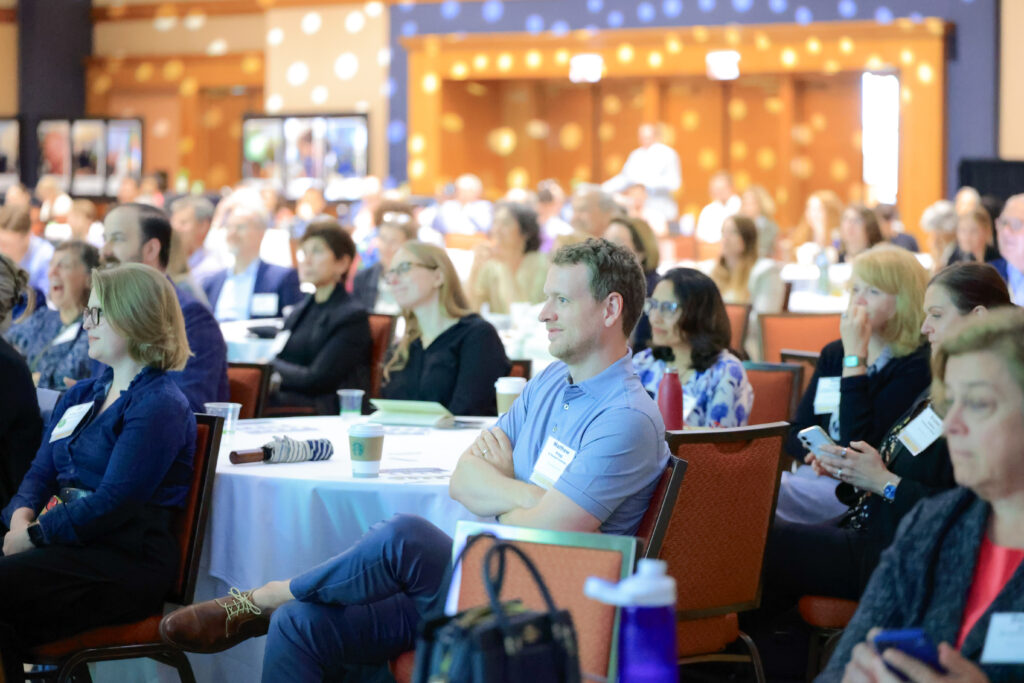Before you start reading this article, take a second to Google ‘the Circular Economy’. What do you notice? There is a large amount of thought leadership around the movement of materials and the reduction of waste. You will notice an array of efforts implemented across different industries and governmental institutions. While none of this is wrong, and it is important, it is also incomplete.
Allow me to explain. How is news around the climate crisis consumed today? Especially as we navigate hurricane season in the Caribbean and the US, you will notice mentions of flooding, damaged buildings and sadly, loss of life. You will also read about wildfires along our western coast and droughts in parts of Europe. It is true that these are all consequences of climate change, but to limit it to the things we see, renders the scale of the problem a great disservice.
Climate change is arguably the biggest crisis we face because it impacts us beyond our environment: communities, economies, & supply chains, to name a few examples. It impacts everything, from what we eat to how we manufacture. Every business, every job, every scholar will be impacted. And this will be true for generations to come. So, it is easy to feel overwhelmed by these fears that at times, many of us can feel stuck figuring out where to start and how to contribute.
When I feel like I am at a critical decision-making junction at Rheaply, I always pause to ensure my decisions align with our company values. There is one value, specifically, that always plays in the back of my mind: being helpful. What I have come to learn is that this is often the best place to start.
Global examples of circularity
There are many examples of circular economy initiatives that embrace this mentality of a helpful mindset, and prove that there’s more power if we band together.
Developing countries are using circular economy principles to turn waste into economic opportunity, like Agbogbloshie, a commercial district in Accra, Ghana, where around 10,000 of the poorest people in the country sort through much of the world’s electronic waste.
France has adopted an anti-waste law that also focuses on building a comprehensive strategy to create economic growth at the national level. Since 2016, supermarkets have been banned from disposing of unsold food goods, and are required to donate it, thereby providing to those that have little.
Conceptos Plásticos, a company based out of Colombia, has taken building circular homes to a new level. Every “brick” is made from 100% recycled materials, with physical construction lead by individuals from vulnerable communities.
These examples represent the north star for how we need to evolve our thinking of responding to the climate crisis.
Moving forward
Transitioning to circular systems is a powerful solution, but it often excludes the very communities that created the original circular economies. Indigenous communities have relied on the harmony between people and planet for many years; in fact, they take care of 80% of the world’s biodiversity. Arguably, fighting for policy to support indigenous rights & involving them in decision-making, may have a significant effect on climate change. While not an obvious place to start; it is incredibly helpful.
I’ll take it a step further – maybe we need to evolve our thinking of the definition of the circular economy. You may recall from an earlier Sustainable Business Newsletter- we offered a fourth principle in the circular economy – one that we believe is the missing ingredient in scaling local economies and connecting vulnerable groups back into the community through a reuse network.
If we all come to realize that the climate crisis is an everything crisis, then circularity becomes the only comprehensive answer. But, it must be done the right way. We must fight climate change in a way that remains authentic to the definition of the movement: being inclusive and representative of all groups.
Circularity is a way to make environmental resiliency the foundation of sustainable economic recovery. By upskilling workers & creating opportunities across varying demographics, we are allowing our planet to flourish while helping institutions benefit financially from the economic activity.
As we learn about the various efforts above, it is clear that they are not just helpful to the environment, but to the triple bottom line: people, planet and profit. Our friends at Lifecycle Building Center are enabling workforce development by pulling building materials out of pre-war buildings in Atlanta, Georgia, and employing job-seekers in the Greater Atlanta neighborhoods. One of our highly-valued customers, Nicor Gas, is promoting reuse efforts by employing ex-offenders in restoration projects. This is the level of resilience all businesses should all aspire to.
As my team at Rheaply recently joined an alliance called the Circular City Coalition, a multi-stakeholder partnership to catalyze a regenerative and equitable transition towards a circular economy in our cities, we want to encourage our corporate leaders to become even bigger changemakers. It’s time to bring people hit hardest by the climate crisis into the circular economy, starting at the city level, so we can build a holistic value chain together.


